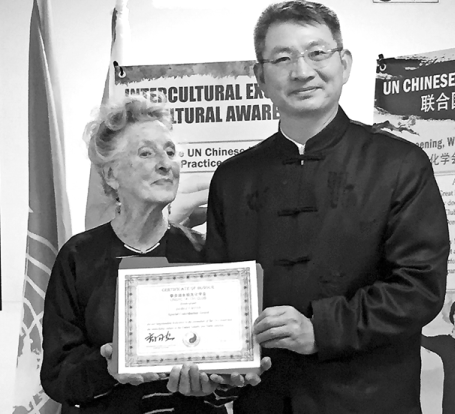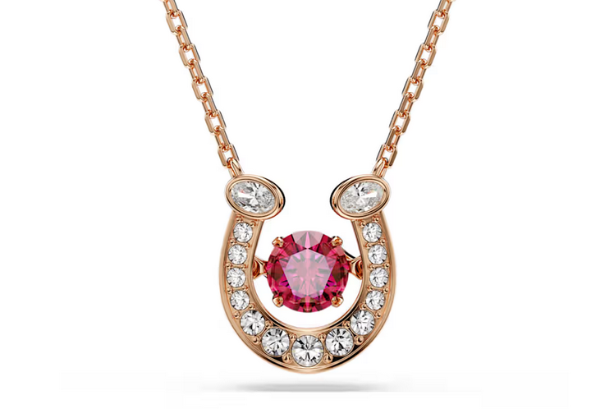Meet Doreen Hynd, 92, tai chi chuan master


"They (the patients) learned about me through the college that I worked at in Canada, and they stayed with me and are still with me. Now the medical world wants to know what this Chinese exercise is doing with their patients," Hynd said with a big smile.
Hynd wants to pass on the magic to young people as well. "I volunteered to be a mentor in the high school as well as middle school and elementary school," she said. "They want me to teach tai chi chuan, and I am very thrilled about that."
Hynd believes it is important to speak to young adults, as they are inquiring about the world and are the future ambassadors for different cultures. "They are the ones who are going to lead the world, and it's really nice to have them embrace all cultures at a young age. To listen, to learn and to be open to all cultures," Hynd said.
The concept of tai chi ("supreme ultimate"), in contrast with wu chi ("without ultimate"), appears in both Taoist and Confucian philosophy, where it represents the fusion of yin and yang into a single ultimate, which is interchangeable, said Cao Guozhong, president of the UN Staff Recreation Council tai chi club.
"I would make a friend with the stranger who is coming toward me with a knife or a gun. My life might go, but I would rather have my connection with that person," Hynd said when asked whether she would use tai chi chuan to defend herself.
Cao said Hynd has learned the core of Chinese culture by practicing tai chi chuan. "To listen carefully to other people, to accommodate others with an empty heart, to transform enemies into friends... these are the essence of the Book of Changes (or I Ching, an ancient Chinese divination text)."
"Tai chi chuan is such a gift. I am a little bit lost for the best kind of language that I could be using for appreciation for what I inherited. That's where my good health comes from. I am 92, and I can do dancing and tennis and whatever it might be," Hynd said.




































